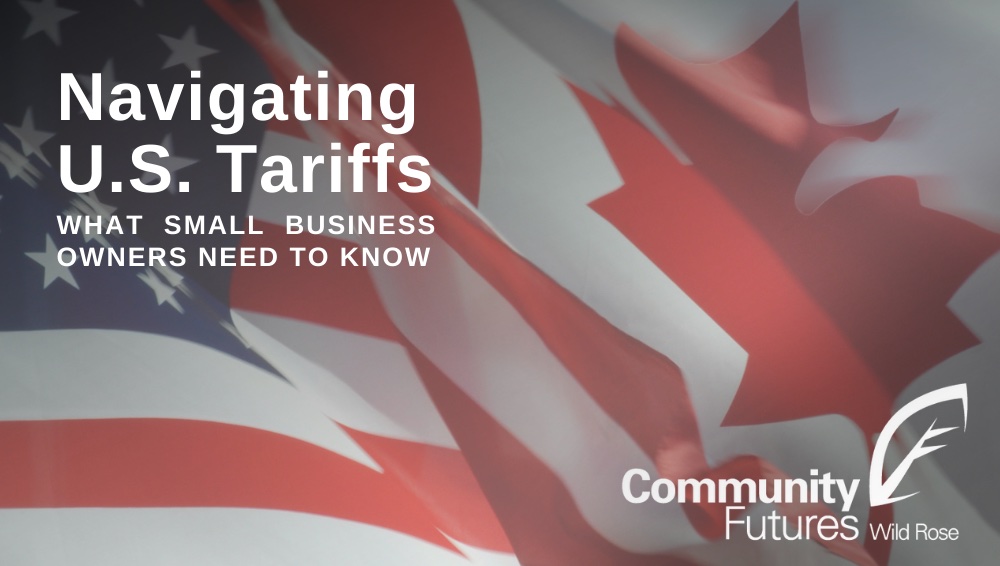What is a Tariff?
A tariff is a tax applied to goods and services as they cross national borders. There are two types of tariffs: import tariffs, which are charged on goods entering a country, and export tariffs, which are charged on goods leaving that country. Tariffs are set by governments and are paid by importers or exporters, depending on the type. Tariff amounts can be fixed, applying a set fee per unit, or variable, based on the item’s value (ad valorem). Governments use tariffs to generate revenue, regulate foreign trade, protect domestic industries, or support national interests as an extension of foreign policy.
How Will the U.S. Tariffs Work?
When importing goods from Canada, American businesses will pay the 25% tariffs imposed by the United States to U.S. Customs and Border Protection (USCBP). As a result, Canadian products will become significantly more expensive for American consumers.
As close allies, Canada and the United States have the most comprehensive trade relationship on earth. Due to the integrated nature of our supply chains, these tariffs will also increase prices in Canada. Materials and components often cross borders multiple times before being used in a final product. If tariffs are applied each time a part crosses the border, the cost of goods produced and sold in Canada will rise, hitting some industries harder than others. While a strong response to the proposed tariffs is necessary for safeguarding Canada’s sovereignty, costs will increase even further should Canada respond to the USA with retaliatory tariffs.
Will U.S. Tariffs Affect Small Businesses?
The introduction of U.S. tariffs on Canadian goods is expected to have a significant impact on small businesses in Alberta and across Canada. These tariffs will increase costs, likely forcing price hikes and driving up the cost of operations. Many businesses may experience reduced market access, lower revenue, and disruptions to supply chains. Some could face declining profits and even the risk of closure.
While the Canadian government is preparing a stimulus package to support businesses, business owners will need to stay informed and adapt quickly to the economic challenges ahead. This period of adjustment may require small businesses to pivot their strategies more drastically than ever before. To assist with these challenges, the BDC has compiled resources to help businesses navigate the potential effects of U.S. tariffs.
What Can Albertan Small Businesses Do?
Preparing for the potential impact of U.S. tariffs is essential for Albertan small business owners. Here are some practical steps you can take to navigate this uncertainty:
- Open Communication
- Talk to Clients: Understand how tariffs might affect their purchasing decisions. By maintaining clear communication, you can anticipate their needs and adapt your offerings accordingly.
- Engage with Suppliers: Discuss the potential impact of tariffs on pricing and availability with your suppliers. They can help you identify opportunities to adjust your operations and remain competitive.
- Reimagine Customer Experience
- Identify what matters most to your customers and focus on delivering value. Streamline operations and eliminate processes that no longer serve your clients.
- Use this opportunity to evolve your solutions, demonstrate expertise, and better articulate the value your business provides.
- Diversify and Streamline Supply Chains
- Reduce reliance on U.S.-based suppliers by exploring domestic or international alternatives. This will help minimize exposure to tariffs.
- Focus on operational efficiency and cost-saving opportunities to offset the rising costs of goods.
- Monitor Financial Performance
- Use accurate data to track your business’s performance and identify trends or challenges. Understanding your cash flow, costs, and income will enable you to make informed decisions.
- Consider new revenue streams to absorb additional expenses without significantly impacting your customers.
- Embrace Innovation and Uncertainty
- Uncertainty in trade relations with the U.S. will persist. Prepare for different scenarios by identifying risks and opportunities.
- Innovate and differentiate your business to remain competitive and adaptable in a shifting economic landscape.
- Seek information, resources, tools, and supports.
By staying informed, proactive, and customer-focused, small businesses can better weather the challenges posed by tariffs and find new paths to success.
As always, Community Futures Wild Rose is here to support you. We offer flexible business loans, expert guidance, and free resources to help small businesses succeed. Our mission is to empower entrepreneurs and small business owners to create thriving communities one business idea at a time. Contact us for a complimentary consultation today!
Update – February 3, 2025: Canada and the U.S. have agreed to a 30-day pause on all newly imposed tariffs. While Canada previously responded to U.S. tariffs with our own 25% tariff on $30 billion worth of American imports, this temporary halt provides an opportunity for further negotiations.




